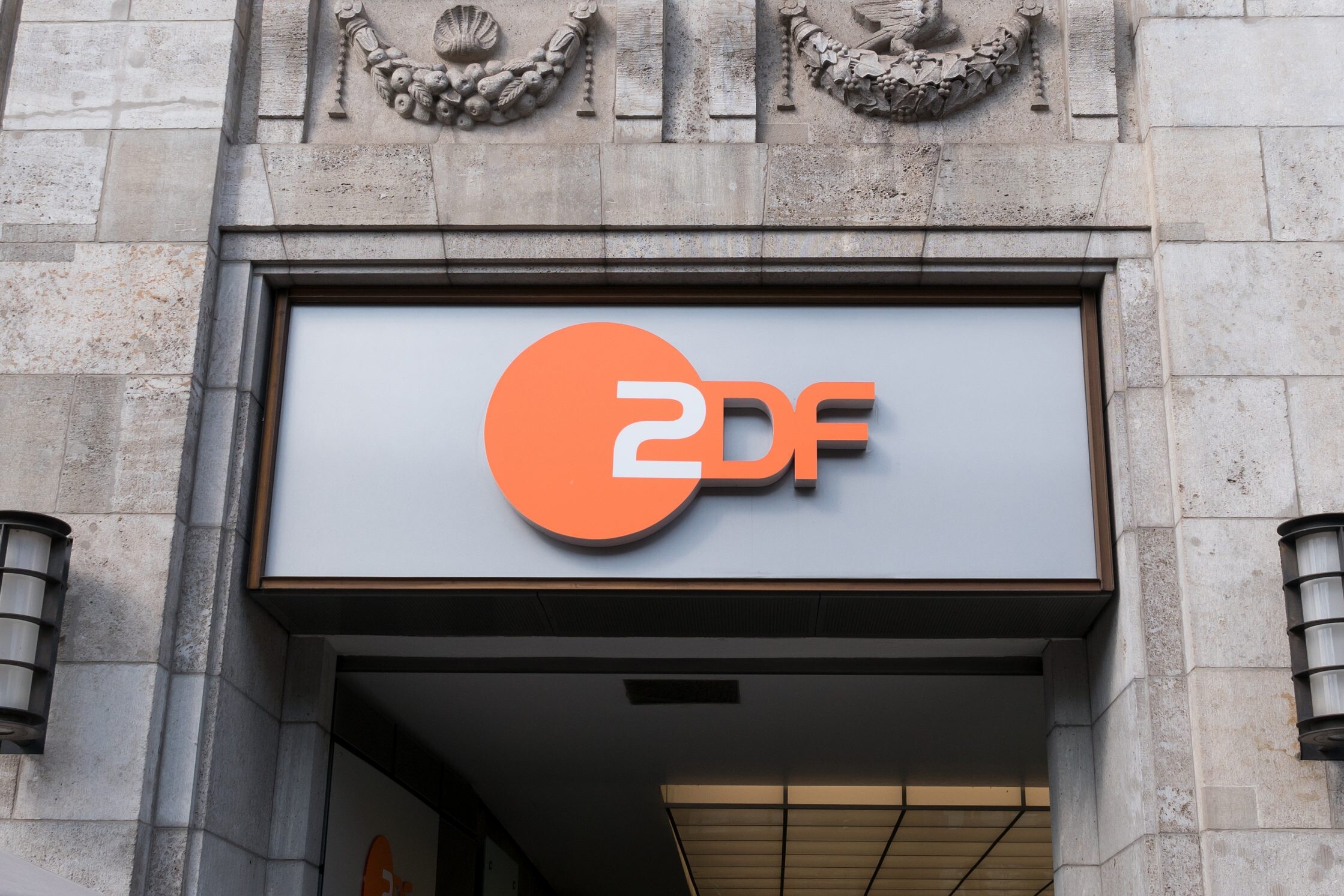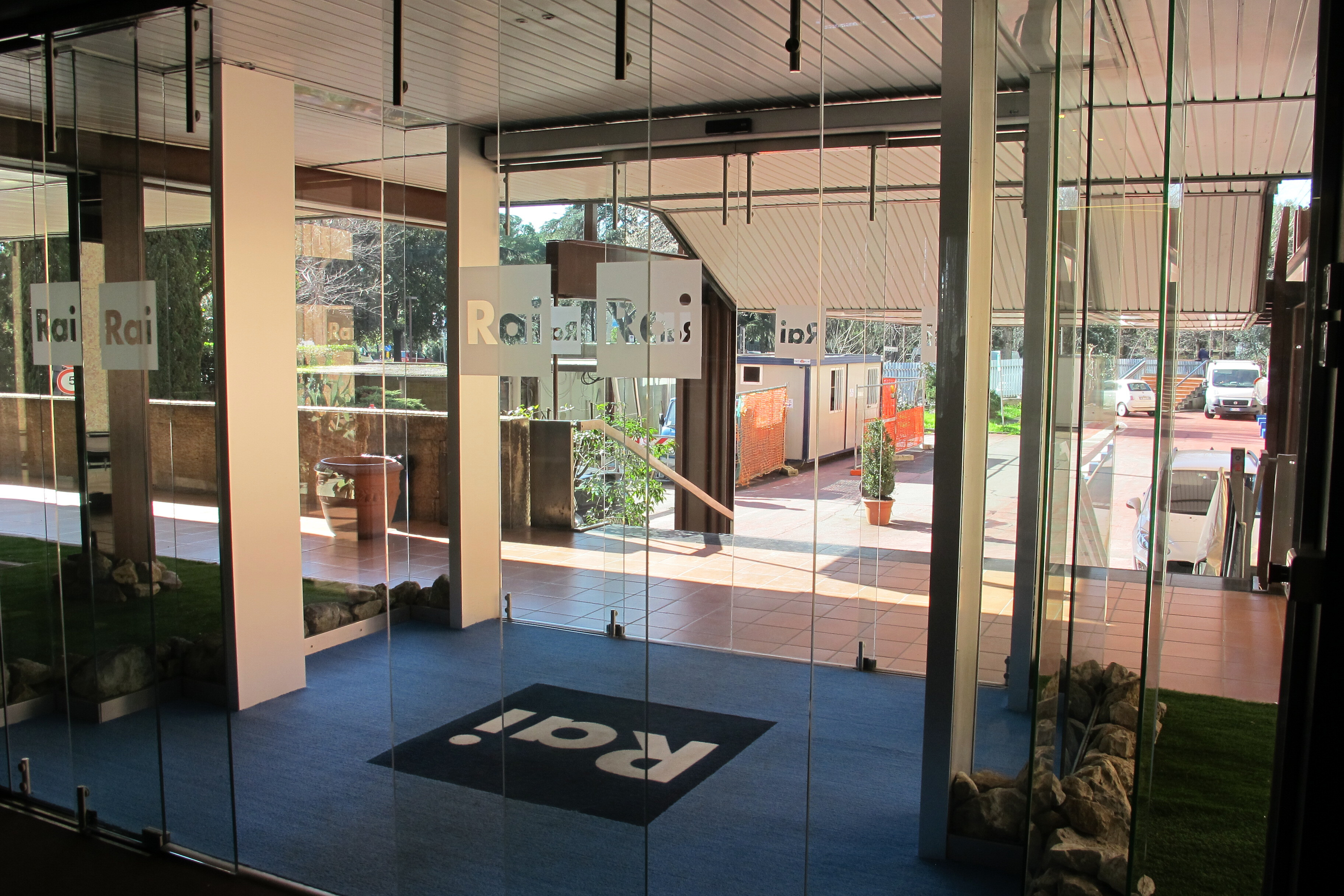New leadership for RTÉ as licence fee evasion increases
15th March 2024
In the wake of the appointment of a new RTÉ Chair, it was announced that TV licence fee losses since last year’s payment scandal rose up to €22 million.

IN BRIEF:
- The government appointed a new Chair of RTÉ’s board after the resignation of Siún Ní Raghallaigh following the Minister of Culture Catherine Martin failing to express her trust in her.
- figures showed that RTÉ lost almost €22 million in the last eight months as 137,057 fewer households paid the TV licence fee since start of RTÉ controversies last summer.
- The government is waiting for two reports on RTÉ’s governance before taking a decision on the public broadcaster’s future funding model.
IN FULL
– By Charlotte Pion
Terence O’Rourke has been appointed as the new Chair of the RTÉ board by the Culture Minister. He succeeds Siún Ní Raghallaigh and becomes the third board Chair in less than a year.
It comes as the broadcaster continues to face significant challenges and public relations struggles in the wake of last year’s undisclosed payments scandal. It was recently revealed that the fallout was having a material impact on the organisation’s financial affairs.
Leadership changes
The broadcaster has faced difficult times since the undisclosed payment affair involving presenter Ryan Turbridy, that broke in June 2023. These events led to a series of leadership changes in RTÉ’s management and its board. Director General, Dee Forbes resigned in June 2023 being replaced eventually by Kevin Bakhurst, the former Managing Director of News & Current Affairs at RTÉ.
Siún Ní Raghallaigh, who was appointed by the Government as the new chair of the RTÉ board following the retirement of Moya Doherty in November 2022, stepped down from her position in February 2024 after she had lost the confidence of Media Minister Catherine Martin due to her part in a separate controversy regarding the disclosure of severance pay.
Terence O’Rourke, a former KPMG managing partner, was rapidly chosen to replace her earlier this month.
Government requests for transparency
Since the secret payment affair, the national broadcaster’s spending and finances have been under the government’s microscope.
In a report on the appropriation of public money to RTÉ published in the beginning of March, the Public Accounts Committee (PAC) made recommendations regarding the public broadcaster. It was recommended that the Government should bring RTÉ under the statutory remit of Comptroller and Auditor General, so it would become accountable to the PAC.
Read more: RTÉ facing insolvency as global pressure on licence fees continue
These recommendations, which included that future severance agreements with staff would not have confidentiality clauses, came shortly after several exit packages of top executives who left RTÉ raised concern among politicians. It was claimed some of these redundancy packages may have received incorrect tax exemptions. These exit payments were not publicly disclosed as contained they had confidentiality clauses.
Following a meeting with Bakhurst and then-Chair of the Board Siún Ní Raghallaigh, the Minister of Culture asked the RTÉ Director General to “consider all possible options to bring further clarity and transparency”, reported RTÉ. Taoiseach Leo Varadkar added that he would like as much transparency as possible coming from RTÉ, as well as the full disclosure regarding their exit packages.
Two days after this statement, Minister Catherine Martin expressed her disappointment over the fact the approval of RTÉ exit packages still included confidentiality agreements, and that Siún Ní Raghallaigh had provided her inaccurate information over the affair. When asked on RTÉ’s Prime Time, she refused to express confidence in then RTÉ Chair, Siún Ní Raghallaigh, who subsequently sent her resignation the next day.
Subscribe toour newsletter
Keep updated with the latest public
media news from around the world
A reform strategy
As PMA reported in October, RTÉ warned it was on the brink of insolvency, and asked the government for financial support. The government later promised to provide financial aid to RTÉ on the condition that the broadcaster establish a strategic plan of reforms.
The new direction plan was published in November and included more direct actions such as the reduction of the workforce by 20% (about 400 roles) by 2028 using retirements and a voluntary redundancy program, but also organisational reforms and plans to put the public service mission at the centre.
“RTÉ’s new Strategic Vision demonstrates a renewed commitment to public service broadcasting, and addresses key areas such as governance reforms and cost efficiencies.” – Catherine Martin, Minister of Culture and Media
Significantly, the new direction plan included the intention to operate under a reformed public funding model.
However, while no new funding model has been decided upon yet, Minister of Culture said she is committed to deciding on a future funding model for RTÉ by the summer. The Government is awaiting the delivery of two reports looking at governance and other issues at RTÉ before it makes such a decision.
Funding woes & loss of trust
With one crisis after the next at the public broadcaster, public trust in RTÉ has waned, according to the media minister.
The broadcaster is also having to contend with another financial predicament, in that some people are refusing to pay their TV licence fee. The Irish Times reported that 137,057 fewer households paid the TV licence fee since start of RTÉ controversies last summer, leading to RTÉ losing almost €22 Million in the last eight months.
The longstanding dual funding model for RTÉ, made up of the license fee and commercial sources like advertising, has been regarded as unsustainable for some time.
Despite initial resistance, Minister Catherine Martin expressed support for the idea of exchequer funding, emphasizing its serious consideration. However, the Department of Finance and other senior government figures have raised concerns about this model, citing the potential for government interference with the public broadcaster.
Taoiseach Leo Varadkar discussed the need for a balanced approach to funding, considering both exchequer funding and alternative revenue sources to ensure editorial independence.
“It is time to get beyond all of the talk and focus on the future of the organisation […] what is crucial to the future is funding.” – Emma O’Kelly, Chair of the National Union of Journalists
This week, the reform of the licence fee was discussed in the House of Oireachtas. The outcome was that the government was mandated to abandon the current licence fee and invest Exchequer funding in a platform-neutral Media Fund which would support public service media content production. The Government was also asked to introduce a legal amnesty from prosecution for those who have not paid their licence fee.
Long-term solution still pending
It seems likely that RTÉ will go through significant changes in the coming months, but one of the priorities of the organisation is to rebuild a relation of trust with its audience. During a speech he gave to the National Union of Journalists (NUJ), Kevin Bakhurst said, “I’m absolutely determined to make this a better organisation for you all to work in, a better organisation to deliver to audiences, and to rebuild trust in pride in working here”. Emma O Kelly, Chair of the NUJ Dublin Broadcasting Branch said that it was “time to get beyond all of the talk and focus on the future of the organisation” and “crucial to the future is funding”.
While the NUJ welcomed the commitment of Minister Catherine Martin to reform the funding system of RTÉ, the Chair expressed her worries about how vague the conditions to start the reforms are.
“We are imploring the Government to act as soon as possible. We don’t see why they have to wait for these two reports. No matter what they say, they won’t change the fundamental fact of the need to put RTÉ on a sustainable and adequate public funding platform” said Mrs O’Kelly.



